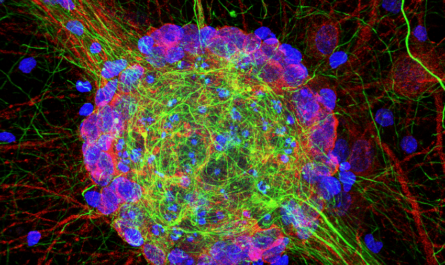Advancing Therapies and Earlier Detection
Pancreatic cancer remains one of the deadliest forms of cancer. However, progress is being made in both treatment options and diagnostics that aim to improve outcomes. Researchers are exploring innovative therapies while also working to identify the disease at earlier, more treatable stages.
Chemotherapy Treatment Updates
Chemotherapy has long been a standard treatment for pancreatic cancer. Recently, combination regimens are showing more promise. For example, adding the drug nab-paclitaxel to gemcitabine has been shown to extend survival compared to gemcitabine alone. Other combination trials are investigating pairing gemcitabine with newer agents such as protein kinase inhibitors or immunotherapy drugs. Precision medicine approaches are also being studied, using genomic profiling to match patients to targeted therapies. These tailored treatments aim to stop cancer growth while limiting harmful side effects.
Advances in Surgery and Radiation Therapy
Surgical removal of the tumor offers the only potential for cure if the cancer is diagnosed early enough before it has spread. Surgeons continue enhancing minimally invasive surgical techniques to access pancreatic tumors through smaller incisions. This improves recovery time and tolerability compared to open surgery. Researchers are also exploring neoadjuvant, or pre-surgery, approaches using chemotherapy or radiation to shrink tumors and make resection possible for some initially inoperable cases. For inoperable patients, stereotactic body radiation therapy delivers very precise high doses that may slow disease progression.
Improving Screening and Early Detection
Most Pancreatic Cancers are currently diagnosed at an advanced stage after symptoms appear. However, diagnostic methods are evolving to identify the disease sooner. Blood tests are being developed to detect genetic mutations or proteins indicative of pancreatic cancer. Imaging technology is also advancing to produce clearer pictures of the abdomen using multifrequency ultrasound, dedicated MRI machines, or contrast-enhanced CT scans. Endoscopic ultrasound guides thin needle biopsies of any abnormal findings. Widespread screening still raises issues of cost and feasibility, so researchers work to enhance high-risk cohort screening using these newer diagnostic tools.
Genetic Research and Biomarkers
Studying families with strong histories of pancreatic cancer is helping scientists uncover inherited genetic mutations linked to the disease. For example, mutations in the BRCA1, BRCA2, and PALB2 genes increase risk. Genetic testing can identify carriers and lead to increased surveillance. Beyond inherited factors, tumor biomarker research aims to discover blood or tissue markers indicative of very early stage pancreatic cancer when the disease may still be treatable with surgery. Such biomarkers could provide early warning signs detected by non-invasive screening tests.
Overall pancreatic cancer remains a challenging disease to diagnose and treat effectively. However, progress continues across therapeutic, surgical, radiation and diagnostic fronts. With efforts to improve screening high-risk individuals and identify the disease before it spreads widely, outcomes may gradually start to improve. Continued research brings hope that future innovations will make pancreatic cancer less deadly.



